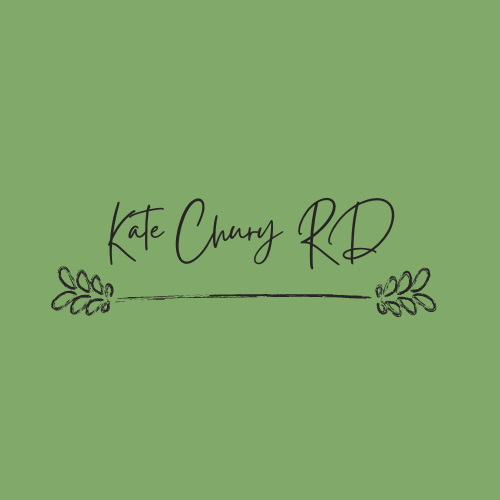Observation: an Important First Step to Change
/One of the most important steps one can make, before making any actual changes to their diet, is to step back and observe. While this doesn’t seem like much, especially if you are ready for things to change now or even yesterday, it’s a hugely valuable step. It’s important for you, and for me, as your dietitian (but mostly for you!).
There’s a tendency to jump into change, and make many dietary changes at once, only to hit a wall and give up on said changes when it becomes all too overwhelming (or even too boring). So, before making big diet changes, I challenge you to be curious as to why you want change. What isn’t working with your current diet? What’s making you feel that a change needs to be made? Take a week or two to just observe. This can also help as a refection tool after you’ve made some changes, to see where you’ve come from and to measure progress (whatever your goals may be).
Now, this observation could be in the form of a food diary, or a food and symptom diary, if that serves your goals. In certain cases, this observation could be more of a mindful reflection period where you take a few notes and make connections between your intake and things like feelings, thoughts, stress, and/or hunger and fullness levels. This latter type of observation can be useful especially if someone is looking to learn to eat more intuitively.
This refection should carry no judgement. This is a very important point. Whether you do a traditional food journal with types and amounts of foods noted, or a more non-traditional one with general notes on what works and doesn’t work for you, you should feel no shame on whatever gets recorded. Like all periods of change in one’s life, it’s a journey. Perfection is not expected, nor is it even our end goal when it comes to eating.
Our goal here is to find a way of eating that works best for you. And to do this, we need to start with curious minds…and continuing with this curiosity as you make changes. Always asking does this way of eating serve me? Do I feel my best and do I enjoy this way of eating? We are dynamic beings and sometimes what works for us at one point in our lives doesn’t work in another. So, keeping a curious, observant mind serves to help us tweak how and what we eat, whether it’s now or later in our eating journey.
Another important thing to note is that food journals are not for everyone. Most notably, those struggling or recovering from eating disorders may not benefit from keeping detailed records of their intake. While in some cases it can be useful for client or health care providers, sometimes it isn’t useful or healthy. If you are struggling or have struggled with disordered eating, discuss with a dietitian or psychologist prior to delving into a food journaling situation that is possibly triggering.
If you have come to the conclusion that keeping some sort of record of observations is appropriate for you, here are some questions to ask yourself as you reflect:
How do I feel when or after I eat X or Y?
What do I feel after I eat? Is it a physical feeling or an emotional one?
Am I satisfied after meals or snacks?
Do I leave the table hungry or wanting more?
How is my energy? Does it change depending on what I eat?
Did I wait too long between meals?
How hungry am I when I eat?
Does my eating change depending on my environment or who I am with?
Do I feel the urge to compensate for what I eat (by exercising, restricting, etc.)?
Can I make any connections between food and the symptoms I am experiencing?
I encourage you to be curious about yourself and just observe, especially if you feel the way you are eating isn’t serving you. Take the time to reflect. These reflections and observations can help you make meaningful long-term changes.




